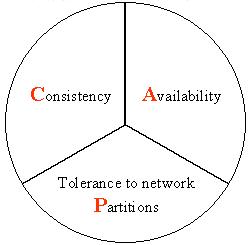Growing robots based on the eversion principle are known for their ability to extend rapidly, from within, along their longitudinal axis, and, in doing so, reach deep into hitherto inaccessible, remote spaces. Despite many advantages, eversion robots also present significant challenges, one of which is maintaining sensory payload at the tip without restricting the eversion process. A variety of tip mechanisms has been proposed by the robotics community, among them rounded caps of relatively complex construction that are not always compatible with functional hardware, such as sensors or navigation pouches, integrated with the main eversion structure. Moreover, many tip designs incorporate rigid materials, reducing the robot's flexibility and consequent ability to navigate through narrow openings. Here, we address these shortcomings and propose a design to overcome them: a soft, entirely fabric based, cylindrical cap that can easily be slipped onto the tip of eversion robots. Having created a series of caps of different sizes and materials, an experimental study was conducted to evaluate our new design in terms of four key aspects: eversion robot made from multiple layers of everting material, solid objects protruding from the eversion robot, squeezability, and navigability. In all scenarios, we can show that our soft, flexible cap is robust in its ability to maintain its position and is capable of transporting payloads such as a camera across long distances.
翻译:暂无翻译




